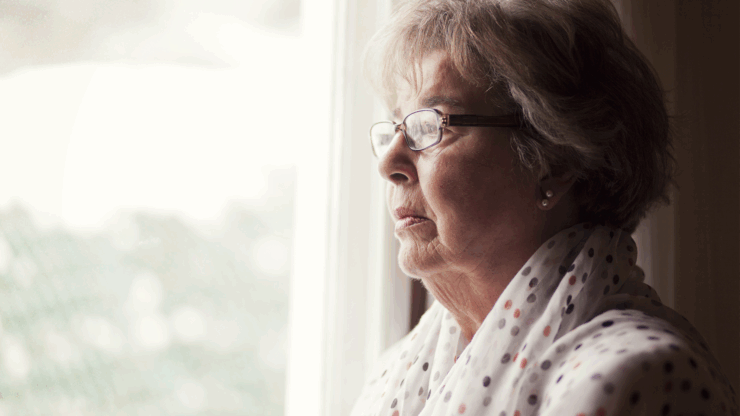
Shedding Light on Sundowning
Key Takeaways
- Sundowning causes confusion, agitation, or restlessness in the late afternoon or evening.
- It’s common in dementia and can be triggered by fatigue or low lighting.
- Maintaining routines and calming environments can reduce symptoms.
- Sleep, hydration, and daytime activity also play a role.
- LifeWorx caregivers help manage sundowning with structure and reassurance.
While sundowning is not a disease itself, it is a symptom of underlying cognitive conditions, most commonly Alzheimer’s disease and other types of dementia. Sundown syndrome begins during the middle and later stages of Alzheimer’s disease and usually continues if triggers continue. As the sun sets, individuals experiencing sundowning may show increased confusion, anxiety, restlessness, and agitation.
Understanding the triggers of sundowning is crucial. While there are many theories about why sundowning happens, the triggers seem to vary among people with dementia. This condition can be particularly challenging, disrupting the evening routine and leading to sleepless nights. Factors commonly associated with worsening symptoms include low lighting, hunger or thirst, fatigue, pain, and disruption to the internal body clock. If your loved one becomes more anxious or agitated in the evening, try to identify the reasons.
Once you know their triggers, it will be easier to avoid situations that make them uneasy and confused. Certain lifestyle adjustments, such as those related to lighting, routine, physical activity, and diet, can sometimes ease sundowning symptoms.
Adjusting lighting
Evening and darkness may tap into fears of being unsafe and insecure. Ensuring living spaces are well-lit in the evening can minimize shadows and help individuals feel more secure.
Create a calm environment
Soft music or calming activities, like reading or completing puzzles, can be soothing. Minimizing loud and distracting noises, such as the television, phone, or radio in the late afternoon and evening is also helpful.
Maintain a routine
Creating and sticking to a schedule can offer a sense of predictability and structure, which in turn can minimize feelings of disorientation. It’s important to establish fixed times for waking up, having meals, and going to bed.
Physical activity
Engaging in gentle physical activity during the day, such as light stretching or leisurely early evening walks, can improve sleep quality and help alleviate nighttime restlessness.
Monitor diet
In the afternoon, it’s best to steer clear of sugary foods and drinks as well as caffeine to prevent energy and mood fluctuations. Instead, opt for regular, balanced meals that are rich in nutrients to maintain steady energy levels and a stable mood throughout the day.
Speak with a healthcare professional
If sundowning symptoms are severe, seeking advice from a healthcare provider is crucial. In some cases, medications or other interventions may be recommended. Remember, you’re not alone in this. Professional advice can give you the support and understanding you need to manage sundowning effectively.
Managing sundown syndrome requires flexibility and solid observational skills when determining what triggers affect individuals and how to address the behaviors. Caring for a loved one who is sundowning can make it hard for you to sleep and care for yourself. If you need additional support, LifeWorx is here to help. Whether you need temporary assistance, someone to stay with your loved one at night, or want live-in care, our caregivers can give you the peace of mind you deserve.

















